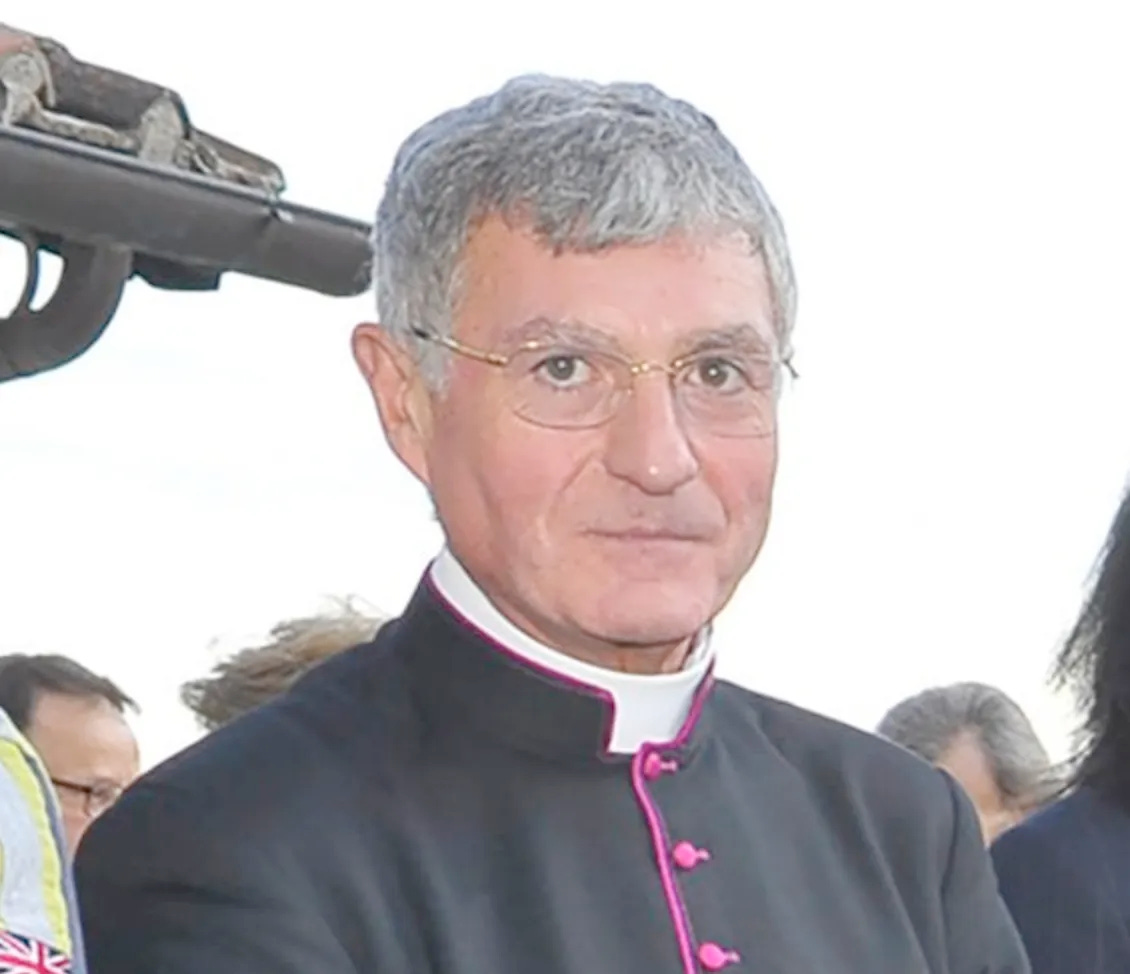A draft outline for the proposed U.S. bishops’ conference document on “Eucharistic coherence” would aim to teach broadly about the Eucharist itself, in addition to addressing particular situations regarding sacramental discipline. The outline was circulated as part of a memo sent to U.S. bishops by conference president Archbishop Jose Gomez on Friday.
The outline and memo were sent to bishops after Gomez received a letter, signed by more than 60 US bishops, which pressed for a suspension of all conference discussion on the subject.

“As you will note, the focus of this proposed teaching document is on how best to help people to understand the beauty and mystery of the Eucharist as the center of their Christian lives,” Gomez wrote to U.S. bishops May 22.
The memo, obtained from several sources by The Pillar, emphasizes that a vote scheduled for June is on whether to authorize the conference’s Committee on Doctrine to draft a document on the Eucharist, and is not a vote on any final document itself.
“I take this opportunity to remind you of the Conference’s process regarding the development of statements issued by the body of bishops.”
“As you know, any document that would come from the entire body originates with a sponsoring Committee whose mandate most closely associates with the topic. In the case of a document on the Eucharist, the Committee on Doctrine is the relevant starting point.”
“According to our procedures, the body of bishops must first be asked whether it desires to issue a document on a particular topic,” Gomez added.
An attached outline for the proposed document, developed as a working draft by the conference’s doctrinal committee, includes three sections:
The first part would treat the nature of the Eucharist as the Real Presence of Jesus Christ, and a sacrament of sacrifice and healing. The memo noted that recent surveys show many Catholics do not know or understand Catholic doctrine on the subject.
The second section would focus on the celebration of the Eucharistic Sacrifice — The Mass — under the subheadings of “unity, beauty, and identity.”
The third part of the proposed document would discuss the Eucharist as “a mystery to be lived,” under the headings of “moral transformation,” “Eucharistic consistency,” and “missionary discipleship.”
The section on Eucharistic consistency, which would include “the nature of eucharistic communion and the problem of serious sin,” is likely to draw the most scrutiny from members of the USCCB.
Bishops in the United States have been engaged in recent weeks a public debate about the question of how to respond to prominent Catholics, including politicians, who present themselves for Communion while in a state of manifest grave sin.
“The bishops should affirm as a Conference,” wrote Ladaria, “that ‘those who are directly involved in lawmaking bodies have a grave and clear obligation to oppose any law that attacks human life.’”
“When political activity comes up against moral principles that do not admit of exception, compromise or derogation, the Catholic commitment becomes more evident and laden with responsibility,” Ladaria wrote.
That letter was signed by several cardinals, including Cardinals Wilton Gregory of Washington, Blase Cupich of Chicago, and Sean O’Malley of Boston. Cardinal Timothy Dolan of New York also signed the letter but, a spokesman for the cardinal told The Pillar, has since asked for his name to be removed.
While the memo to the bishops did not reference the letter directly, it emphasized that the discussion in June was scheduled according to internal USCCB procedures and “reflects recent guidance from the Holy See.”
The memo explained that Bishop Kevin Rhoades of Fort Wayne-South Bend, chairman of the doctrinal committee, asked the USCCB’s administrative committee in March for time during the June meeting for episcopal discussion and a vote on the possibility of drafting a full document.
The administrative committee approved that request, and the doctrinal committee subsequently drew up a proposed outline for a document on the Eucharist.
If the bishops in June vote to approve the development of a draft document, Gomez said in his memo to the bishops, “from there, the Conference’s usual process of consultation, modification, and amendment will take place as the document is presented for consideration at a future Plenary Assembly.”


